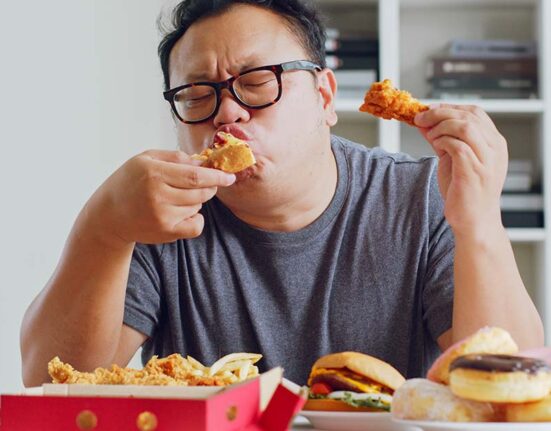While most people may enjoy the occasional glass of wine or can of beer, overconsumption of alcohol may create some serious health consequences, including increased risk to contracting cancer. In this article, we suggest 5 tips that people may find useful for helping to reduce alcohol consumption.
When Is Alcohol Consumption Too Much?
Any amount of alcohol consumption that ends up threatening your health, or results in other alcohol-related issues is considered unhealthy. This includes binge drinking, which is the pattern of drinking whereby a man consumes five drinks or more within a period of two hours, or where a woman consumes at least four drinks within two hours. Significant threats to one’s health and safety can result from binge drinking.
Not only can binge drinking affect you mentally, emotionally, and physically, it can also impact your relationship with people in your life. Ultimately, it could also impact your personal life, your work life, and your finances.
It is recommended that men should drink no more than two standard drinks a day, whereas women should take no more than one standard drink a day.
Health Impact From Excessive Drinking
According to MOH and the Singapore Cancer Society, the health impacts of excessive alcohol consumption may lead to obesity (as alcohol is actually high in calories), and has been associated with increased risk of various cancers, such as mouth, throat and oesophagus, breast, liver, and colorectal, ; liver diseases; brain damage; and sexual dysfunction, (including male impotency).
For people below 18 years old, their bodies process alcohol more slowly. As such, they will experience the negative effects of alcohol for longer and more intensely than adults.
The health risks of binge drinking in particular includes increased risk of stroke, liver diseases, and high blood pressure.
5 Tips To Help You Reduce Alcohol Consumption
If you find yourself regularly drinking more than the recommended amount and wish to reduce alcohol consumption, here are 5 tips that you might fund useful.
- Set yourself a limit and stick to it
Before engaging in any drinking, make sure you have set a limit for yourself. While it might be difficult to stick to a specific number of drinks, it is important to be disciplined and follow through with it. If you do not feel confident that you can successfully stick to the set limit, tell someone you trust and ask them to look out for you. Your body will thank you the next day for setting a limit to your drinking.
- Write down your goals
Keep track of every drink you consume for a few weeks. Include details such as what you drank, how much, and where you were. Comparing this to your objective, discuss your situation with your healthcare professional if you’re having problems staying committed to your objective.
- Don’t keep any alcohol in your house
The easier for you to reach your drink the more you will drink. For you to decrease your alcohol consumption, try to get rid of any alcoholic beverages in your house. Give them to your relatives, colleagues, or neighbour.
- Have a support system
Trying to cut down your alcohol intake by yourself might be difficult and you might surrender to the temptation. Seeking help from your loved ones or doctor can give you that extra support that you need.
- Be persistent
Most people take multiple tries before effectively reducing their alcohol intake or quitting altogether. Relapses are certain to happen, so do not let those setbacks prevent you from achieving your long-term objective.
Further Reading That Might Interest You
Protect against cancer, cardiovascular disease, and other chronic diseases with regular health screening. Compare and shop for health screenings from Singapore and regional healthcare providers at a single convenient platform - shop.health365.sg
This article is informative only and is not intended to be a substitute for professional medical advice, diagnosis, or treatment, and should never be relied upon for specific medical advice.
























































